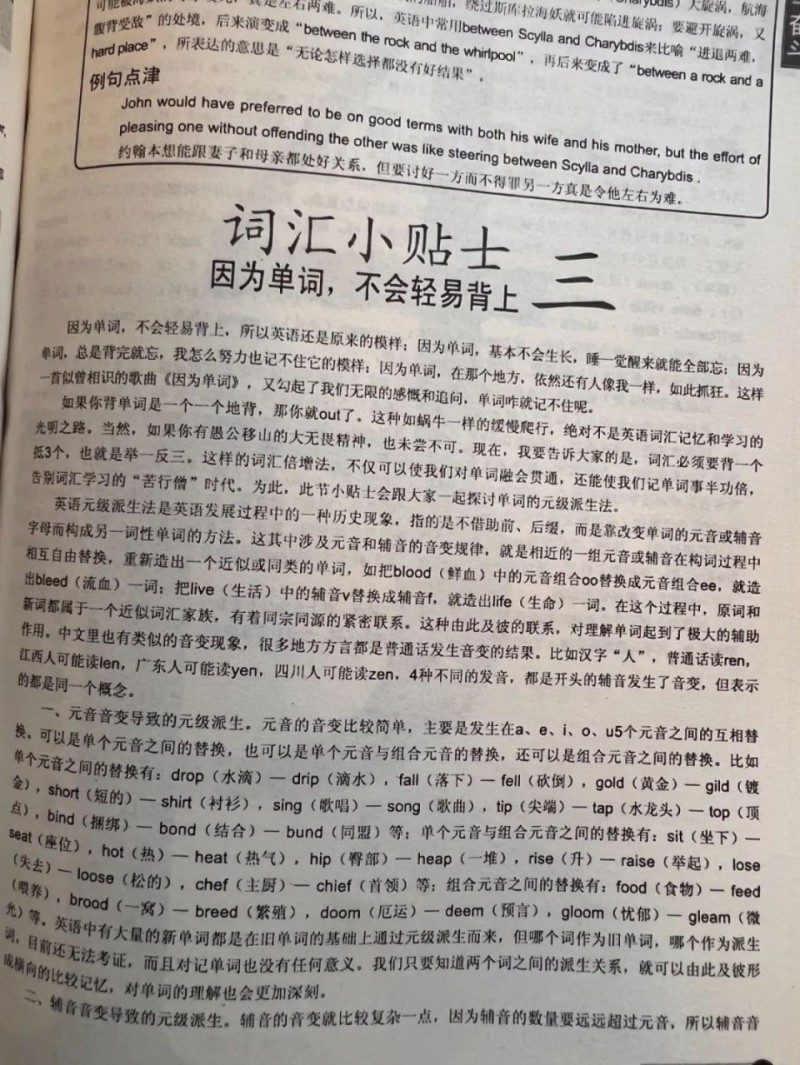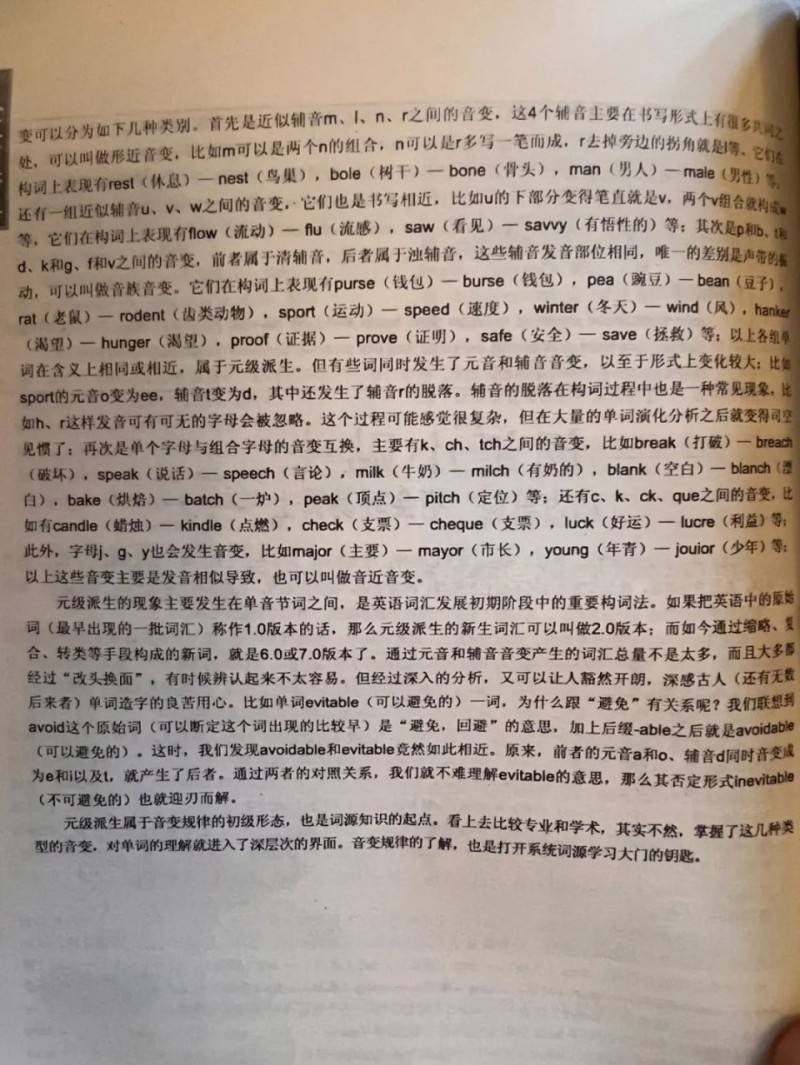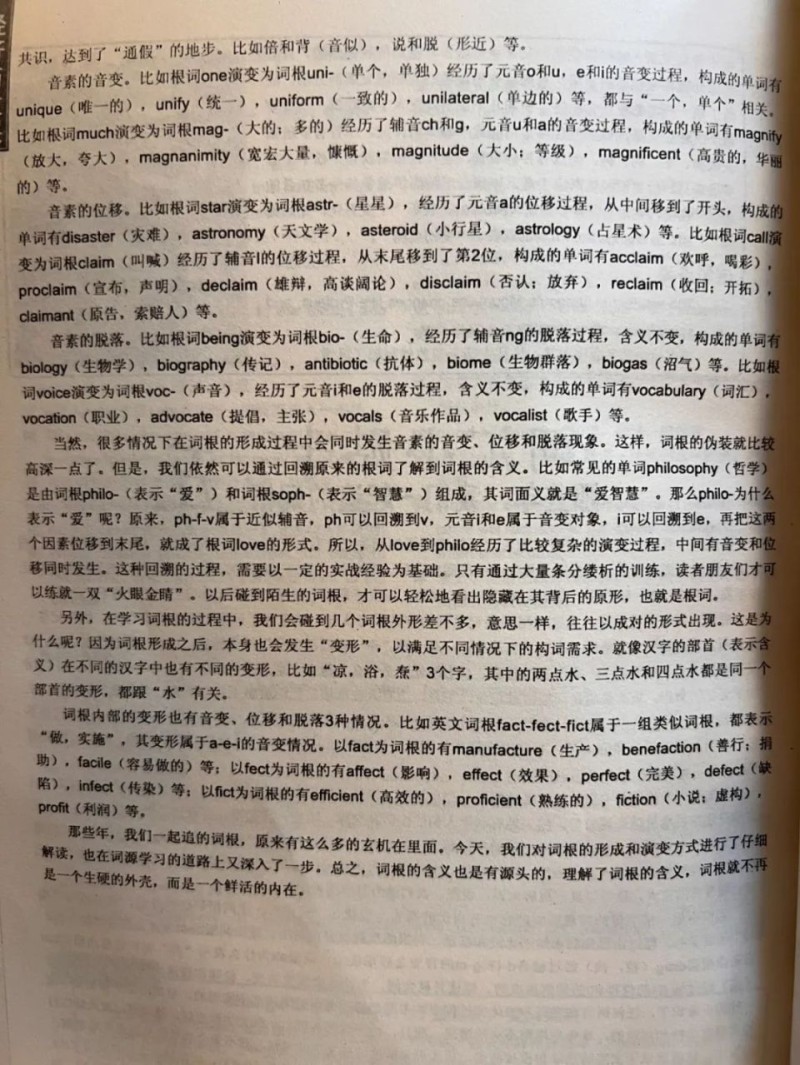你好呀,我是良哥。
提醒一下,我的阅读群现在可以加入了
关系里最怪异的事,往往始于善良:你越善良,对方越嚣张;你越忠诚,对方越暴烈。并非你做错了什么,而是你人太善良、太软弱、太黏人,触发了对方童年被遗弃的旧痛。他把对缺席父母的怨恨,投射到眼前这份无可挑剔的爱里。唯有设定清晰而坚定的界限,不让自己被拖下水,才能接住这份扭曲的呼救。终有一天,破坏者会低头道歉:谢谢你用无尽的爱,逼我看见了不敢触碰的伤口。
It’s one of the puzzles of relationships that, after a hugely promising few months or years, one of the members of a couple may start to exhibit notably aggressive and unyielding behaviour. Out go their previous tenderness and loveliness and in come roughness and neglect. All they seem to want to do is to go out alone with their friends and flirt with strangers.
人际关系中令人困惑的事莫过于此:明明起初看起来前景大好,但几个月或几年后,其中一方可能开始表现出明显带有攻击性和顽固不化的行为。曾经的温柔与可爱消失殆尽,取而代之的是粗暴与冷漠。他们似乎只想独自外出与朋友作伴,并和陌生人眉来眼去。
One might wonder if it’s the other person in the couple who might somehow be to blame for this. Perhaps they’ve done something wrong and they are being – in certain ways appropriately – punished for not living up to expectations that they set.
旁人或许会怀疑,发展到这一步是否都怪“另一半(被冷落或遭冷暴力的一方)”,也许他们确实做错了什么,他们现在所承受的冷淡、指责或突然的疏远,正是对自己曾经许下的承诺却没能兑现的‘惩罚’;而这种惩罚,从某种角度看,倒也算‘合情合理’。”
But the truth may be a great deal more circuitous and complex. In certain cases, the partner is in fact being punished, but not for doing anything wrong. If we can put it this way, they are being punished precisely for doing things rather right. They are being punished for not abandoning their lover, for not being cross, for not being mean, for not looking elsewhere, for not shouting, for not bullying and for not humiliating. They are being punished for their sweetness, crushed for their gentleness and tormented for their faith.
但真相可能远比表面曲折复杂。在某些情形下,这位伴侣确实在受罚,却并非因为做错了什么。如果换种说法,他们之所以受罚,恰恰是因为做得太好:他们没有抛弃爱人,没有乱发脾气,没有刻薄相向,没有另觅新欢,没有高声吼叫,没有欺凌羞辱。他们为这份温柔受罚,为这份体贴被碾碎,为这份忠诚遭折磨。
Why on earth might kindly behaviours prove problematic? Because – in one of the truly oddest-sounding phenomena of love – the kindness of the partner may trigger an intense wish in a person to punish their lover for what – many years before in their childhood – a parent did wrong to them. It’s the very sweetness of the partner, their kindness and loyalty, their disinclination to violence and unreason, that create the perfect conditions in which a hurt party will experience and then redirect a resentment and a rage that were actually owed, but could never be delivered to, a disappointing parent. The appalling behaviour winds up as a hugely peculiar and deeply tragic tribute to a unique degree of generosity and care.
为什么温柔体贴反而会惹祸?因为在爱情里最匪夷所思的一种现象是:伴侣的善良会激起一个人强烈的冲动-要把童年时某位失职父母欠下的账,算到眼前这位恋人头上。正是伴侣的体贴、忠诚、不肯动粗、讲理克制,才为受伤的一方提供了最“理想”的场景,让他把原本该投向令人失望的父母的怨恨与怒火,转移并倾泻出来。这种骇人的行为,竟成了对那份独特慷慨与关爱的最扭曲、也最悲凉的致敬。
The arena in which this pattern can most clearly be observed is not directly in relationships, but in adoptive families. Research repeatedly shows that the nicer a recipient family is, the more an adopted child is liable – in adolescence – to become very difficult indeed. They will steal from their adopted family, perhaps scrawl on the walls, scream at them during arguments, tell them they loathe them and then leave the house for hours slamming the door behind them.
最能清晰呈现这一模式的舞台,并不在伴侣之间,而是在收养家庭。研究一再表明,收养家庭越和善、越体贴,被收养的青少年就越容易在青春期变得极度难缠:他们会偷家里的钱物,把墙壁涂得乱七八糟;吵架时对父母大吼“我恨你们”,然后砰地摔门离家数小时。
‘What in heavens name have we done to deserve this?’ the adoptive parents may ask themselves in despair. And the answer, entirely odd though it might sound, is: ‘Absolutely nothing, which is exactly why you are being hurt so badly. You’re being treated horribly for not being horrible. You’re being made to feel what the abandoned infant once had to go through when no one else cared to listen. You’re having to hear cries that went unheard. You have created the very conditions of safety in which intense pain can finally find a way out.’
“我们到底造了什么孽,要受这等罪?”养父母绝望自问。答案却出奇地简单-也出奇地刺耳:“你们什么也没做错,正因为你们太好,才伤得这么深。你们被折磨,是因为你们没有折磨人;你们被撕扯,是因为你们给了安稳。如今你们所承受的,就是那个曾被遗弃的婴儿当年无人理会、无人倾听的痛苦。那些当年没被听见的哭声,如今终于找到一个安全的地方,得以倾泻而出。”
A version of the same dynamic can unfold – more surreptitiously – in adult love. Behind every drama a person in a couple may cause, every holiday they ruin, every month they chew up, is a muffled, incoherent but essential complaint: ‘Where were you when I really, really needed you? How dare you be so kind to me when all I’ve had is cruelty all my life? How can I possibly deal with this loveliness when pain has been my home all along? Fuck off and die for trying to save and adore me.’
在成年人的爱情里,同样的剧情也会上演,只是更加隐蔽。伴侣制造的每一次争吵、搞砸的每一次假期、被白白耗掉的每一个月,背后都藏着一句含糊却急切的控诉:“当年我真正需要你的时候,你在哪里?我这一生受尽刻薄,你凭什么对我这么好?痛苦才是我唯一的故乡,你这份温柔叫我如何消受?滚开,去死吧,谁要你拯救我、崇拜我!”
There is no alternative here but insight, enormous (boundaried) compassion – and an awareness that the person who is acting up still wants love very badly, they just have no clue how to accept it.
别无他法,唯有看清对方暴烈的根源,设定清晰而坚定的界限,怀抱巨大的慈悲;同时铭记:那个作闹不休的人,其实极度渴望被爱,只是全然不知如何接纳。
One day, after much thought and therapy, perhaps long after the relationship has ended, the destructive party needs to find a way to express the truth to the first person who ever loved them: ‘Thank you for being kind enough to elicit my rage and my sadism. Apologies, deep apologies, for trying to destroy you for your unremitting love. I never wanted to harm you. I just had no idea what to do with the pain inside me.’ In the skies up above, angels will be weeping.
终有一日,经过漫长的思索与疗愈,也许是在关系早已结束之后,那个曾带来破坏的人必须找到一种方式,向第一位真心爱过他们的人道出真相:“谢谢你,是你足够温柔,才把我的怒火与残忍全都勾了出来。对不起,真的对不起,我曾想毁掉你,只因你从未停止爱我。我从未真心想伤害你,只是不知道该如何安放我体内的痛苦。”而在高高的天穹之上,天使也会为此落泪。
By: The School of Life
如果如果你的单词量一直涨不上去,怎么背单词都没有用,但又希望突破到七八千甚至一万,送你一本单词书。拥有这本书就如同孙悟空拥有了一双火眼金睛,从此看到任何单词,你都能穿透单词的表象抵达本质,你都能够连词成串,举一反三,实现词汇量的指数级增长,并且根深蒂固在你的记忆里。



